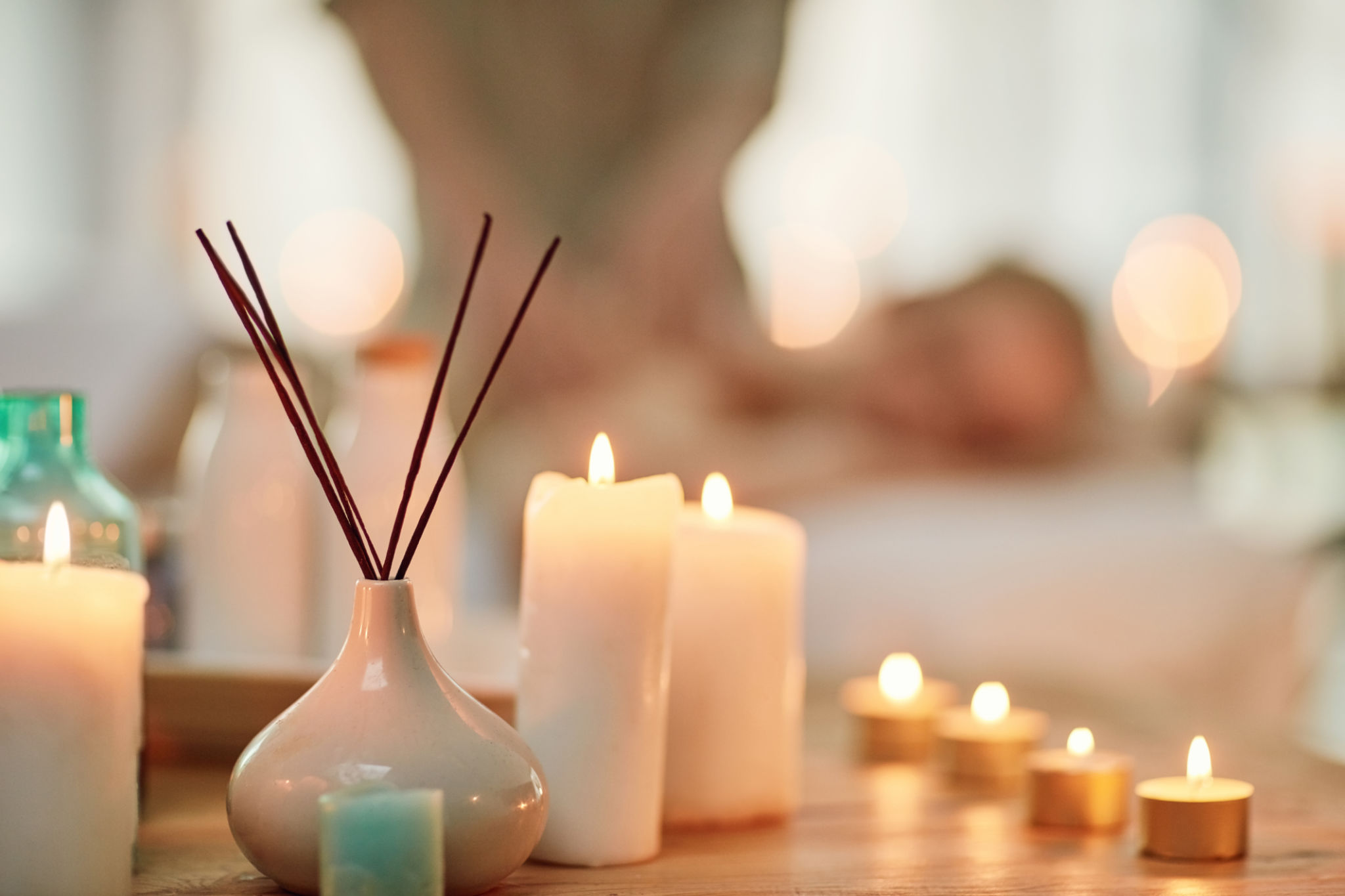Debunking Common Myths About Holistic Wellness for Women
Understanding Holistic Wellness
The concept of holistic wellness has gained significant traction in recent years, particularly among women seeking a more balanced approach to their health. However, despite its popularity, many myths and misconceptions persist about what holistic wellness truly entails. In this post, we'll explore and debunk some of the most common myths surrounding holistic wellness for women.

Myth 1: Holistic Wellness Is Just About Diet and Exercise
One prevalent myth is that holistic wellness is solely focused on diet and exercise. While nutrition and physical activity are undoubtedly important components, holistic wellness encompasses much more. It considers the entire spectrum of health, including mental, emotional, and spiritual well-being. This approach recognizes that true health involves a balance of all these elements, not just physical fitness.
For instance, practices such as meditation, yoga, and mindfulness are integral to holistic wellness. These activities help manage stress, improve mental clarity, and foster a sense of inner peace. Moreover, holistic wellness often involves exploring personal beliefs and values to cultivate a fulfilling and meaningful life.
Myth 2: Holistic Practices Are Not Scientifically Backed
Another common myth is that holistic practices lack scientific evidence. While it's true that some alternative therapies may not have extensive research backing, many holistic practices are scientifically supported. For example, yoga has been shown to improve flexibility, reduce stress, and enhance mental health. Similarly, meditation has been found to lower blood pressure, alleviate anxiety, and improve overall cognitive function.

It's essential to approach holistic wellness with an open mind and a critical eye. Not all practices may be suitable for everyone, and it's crucial to consult healthcare professionals when integrating new therapies. However, dismissing holistic practices as unscientific overlooks the substantial evidence supporting their benefits.
Myth 3: Holistic Wellness Is Expensive
Many people believe that embracing holistic wellness requires significant financial investment. While some treatments and products can be costly, there are plenty of affordable ways to incorporate holistic principles into daily life. Simple practices like spending time in nature, practicing gratitude, or engaging in deep breathing exercises are accessible to most people without incurring high costs.

Additionally, many community centers offer free or low-cost classes in yoga, meditation, and other holistic activities. Online resources are also abundant, providing guidance and support for those looking to enhance their well-being without breaking the bank.
Myth 4: Holistic Wellness Is Only for Certain Types of People
Holistic wellness is often stereotyped as being suitable only for specific demographics, such as young or affluent individuals. In reality, anyone can benefit from adopting a holistic approach to health. Whether you're a busy professional, a stay-at-home parent, or a retiree, holistic practices can be tailored to fit your lifestyle and needs.
The key is to find what resonates with you personally. Whether it's a daily meditation practice, a weekly yoga class, or simply taking time to journal your thoughts and feelings, holistic wellness is adaptable and inclusive.
Embracing a Holistic Lifestyle
By debunking these myths, we can better understand the true essence of holistic wellness and its potential benefits for women. Embracing a holistic lifestyle involves recognizing the interconnectedness of mind, body, and spirit and striving for balance in all areas of life.

Ultimately, holistic wellness is a journey rather than a destination. It encourages ongoing self-discovery and growth, empowering women to take charge of their health in a way that aligns with their unique values and aspirations. By dispelling these myths, we hope to inspire more women to explore the enriching world of holistic wellness.
